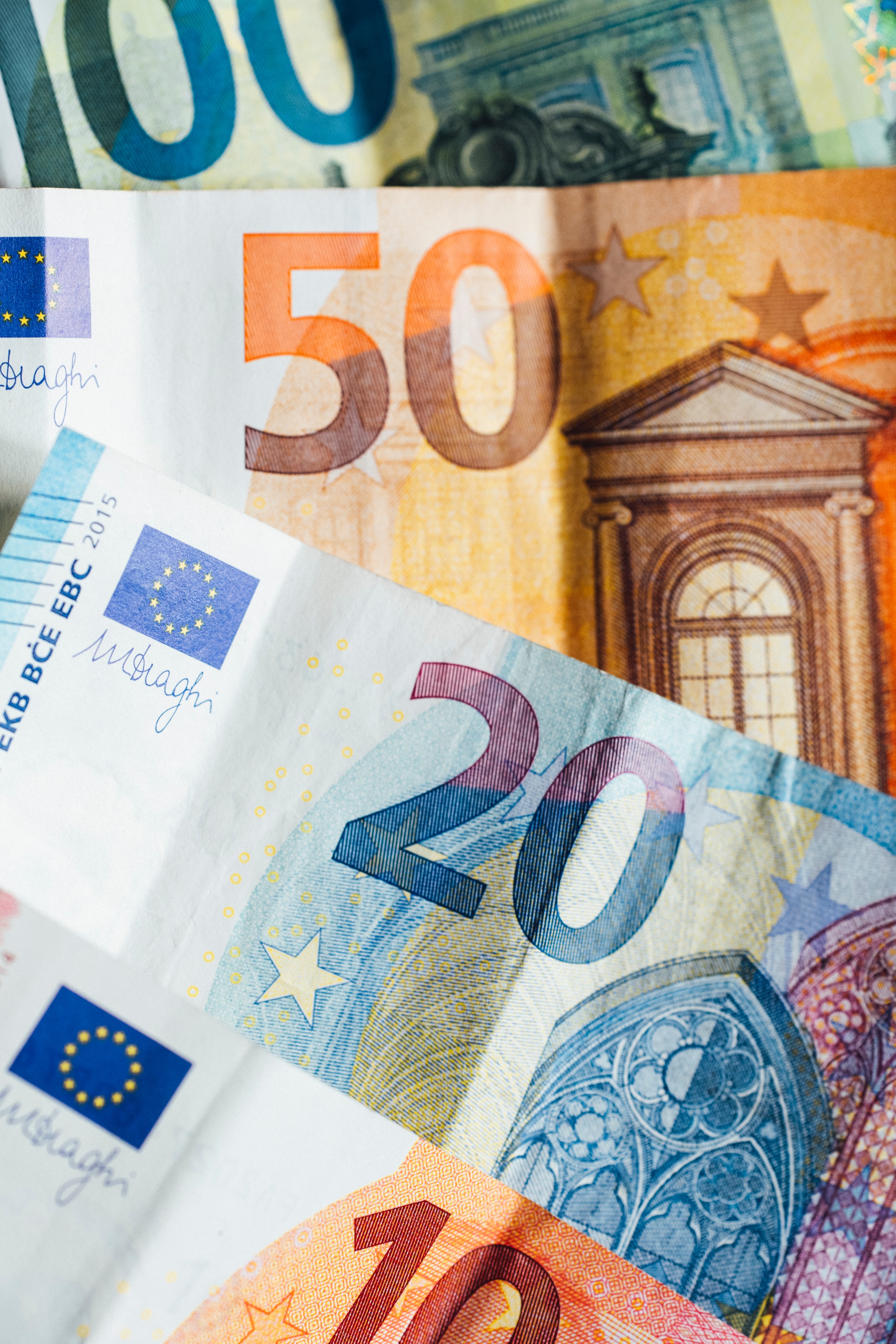Photo by Patrycia Jadach on Unsplash.com
The beer sector helps drive the European economy, according to a new report by Europe Economics.
The report, published on 16 October, says the sector creates millions of jobs and billions in government tax revenues.
Despite ongoing repercussions from the pandemic closures in the hospitality sector and rising production costs, the beer sector still contributes considerably to the continent’s economy, it states.
The report says that, in 2022 alone, consumer spending on beer in the EU reached €110 billion, while the industry contributed over €52 billion in value-added to the economy.
It says beer is a “powerful” job creator and that, in 2022, the beer value chain directly and indirectly created over two million jobs in the EU, accounting for about one percent of total EU employment. This includes:
- 118,000 jobs directly within the brewing sector;
- 217,000 jobs in the supply sector, notably in agriculture where the raw ingredients are cultivated;
- 220,000 jobs in retail shops and supermarkets;
- A staggering 1.5 million jobs in the hospitality sector
For every one job in brewing, an additional 17 jobs are created in interdependent industries in the beer chain, such as farming, packaging, distribution and the bars, pubs, restaurants and cafés serving the beers, claims the report.
Since 2020, employment within the beer sector has grown by 300,000 jobs as the industry recovers, though it is yet to reach the heights of four years ago, particularly in the hospitality sector.
The report says that beer’s impact extends beyond jobs, contributing €52 billion in value-added to the EU economy. This includes:
- €14 billion directly from brewing companies;
- €10 billion from the supply chain;
- €22 billion from hospitality, reflecting the importance of beer consumption in bars, pubs, and restaurants.
It is said that beer generates substantial fiscal revenues for national governments, producing over €40 billion in tax revenues in 2022, supporting vital public services and infrastructure across the continent. This includes €7 billion in excise duties, but also a massive €12.5 billion in VAT from beer consumed in the hospitality sector and a further €14 billion in profit and employment taxes, much of this coming from the 1.5 million people employed in bars and restaurants.
Despite the economic strain of rising production costs, which have increased by up to 25% since 2019, the beer sector “continues to innovate, expanding the choice of brands, styles and flavours, adapting to the call for diversity and the rise in demand for alcohol-free beer options,” argues the report.
Commenting on the study, Julia Leferman, the Secretary General of The Brewers of Europe, based in Brussels, said, “Brewers play a major role in the European economy, deeply connected to their local communities, creating jobs and supporting growth. However, their contribution is often overlooked.”
“This is not an easy environment for brewers, with increasing excise burdens and soaring production costs. Legislators have a responsibility to shape a policy framework that enables brewers to maximise their positive contribution. The beer sector and its long value chain continues to be a force for good, leading the way in moderation, driving economic growth, supporting communities, and championing sustainability. Let’s make sure this continues, supporting brewers to bring people together.”




